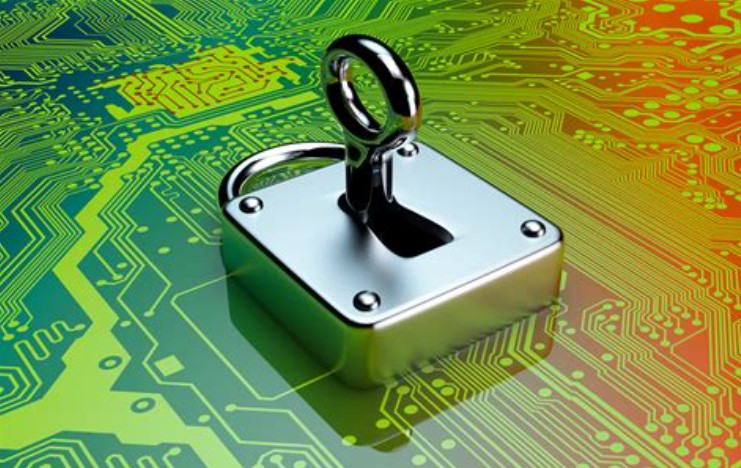SPQA: The Cornerstone of Cybersecurity in Your Organization
November 10, 2023

Security Policy and Quality Assurance (SPQA) is a crucial component of a robust cybersecurity framework within any organization. It encompasses the processes, procedures, and practices designed to ensure that security policies are effectively implemented and maintained, while also adhering to industry standards and best practices. In this blog post, we will define and explain SPQA and explore its significance in relation to your organization’s cybersecurity efforts.
Defining SPQA
Security Policy and Quality Assurance (SPQA) refers to the systematic approach taken by organizations to develop, implement, monitor, and evaluate security policies and practices. It involves establishing clear guidelines and standards that align with the organization’s overall security objectives and regulatory requirements. SPQA aims to ensure that security policies are consistently followed and that adequate quality controls are in place to assess and improve the effectiveness of these policies.
The Components of SPQA
- Security Policy Development: SPQA starts with the development of comprehensive security policies tailored to the organization’s specific needs and risk landscape. These policies should address areas such as access control, data protection, incident response, employee awareness, and other relevant security domains. Clear guidelines and standards must be established to define expected behaviors and security practices across the organization.
- Implementation and Compliance: Once security policies are developed, the next step is their effective implementation throughout the organization. This involves creating awareness among employees, providing training on policy adherence, and integrating security practices into day-to-day operations. Compliance with security policies should be regularly monitored and enforced, ensuring that employees understand their roles and responsibilities in maintaining a secure environment.
- Monitoring and Evaluation: SPQA includes ongoing monitoring and evaluation of security controls and processes. Regular assessments, audits, and technical reviews help identify any gaps or vulnerabilities in the security framework. Monitoring systems should be in place to detect and respond to security incidents promptly. Through continuous evaluation, organizations can identify areas for improvement and make necessary adjustments to enhance their security posture.
- Quality Assurance: Quality assurance plays a vital role in SPQA. It involves establishing metrics, benchmarks, and performance indicators to assess the effectiveness of security policies and controls. Quality assurance processes should measure compliance with established security standards and identify areas of improvement. Regular audits and reviews help ensure that security practices align with evolving threats and industry best practices.

The Importance of SPQA for Your Organization
- Mitigating Security Risks: SPQA provides a structured approach to mitigating security risks within your organization. By implementing robust security policies and practices, you establish a framework that safeguards sensitive information, protects against cyber threats, and reduces the likelihood of security incidents.
- Regulatory Compliance: SPQA ensures that your organization meets regulatory and industry compliance requirements. By aligning security policies with applicable laws and regulations, you demonstrate due diligence in protecting customer data, maintaining privacy, and adhering to relevant standards.
- Enhancing Stakeholder Trust: A strong SPQA program helps build trust and confidence among stakeholders, including customers, partners, and investors. It demonstrates your commitment to maintaining a secure environment and protecting their data, fostering long-term relationships and enhancing your reputation.
- Continual Improvement: SPQA encourages a culture of continual improvement within your organization’s security practices. By regularly monitoring, evaluating, and enhancing security policies and controls, you stay proactive in addressing emerging threats and evolving best practices. This adaptability is crucial in a rapidly changing cybersecurity landscape.
Security Policy and Quality Assurance (SPQA) is a fundamental aspect of effective cybersecurity within your organization. By establishing comprehensive security policies, ensuring their implementation and compliance, monitoring and evaluating security controls, and incorporating quality assurance practices, you can mitigate security risks, comply with regulations, build stakeholder trust, and continually improve your security posture. Embracing SPQA as an integral part of your cybersecurity strategy sets the foundation for a resilient and secure environment in which your organization can thrive.
Have Any Question?
Call or email Cocha. We can help with your cybersecurity needs!
- (281) 607-0616
- info@cochatechnology.com




